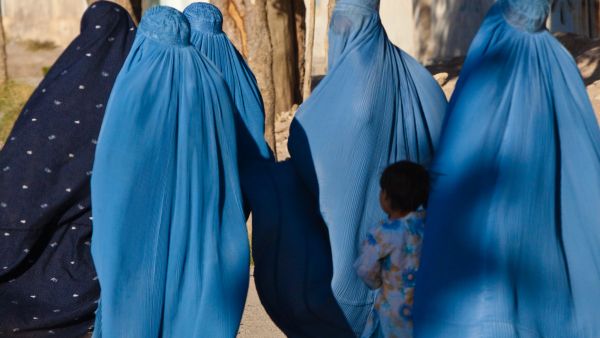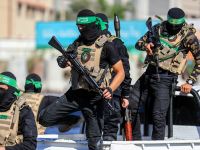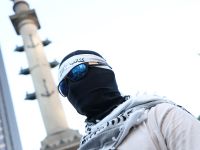There have been mixed responses in Morocco to reports that the Interior Ministry has issued notices banning shops from selling the burqa.
A photograph shared widely on social media on Monday claimed to show a letter bearing the Interior Ministry stamp which had been distributed by hand to retailers in the country.
The notice reads: “following the observations of the authorities, we notice that you make and sell burqas – we are calling on you to get rid of these clothes within 48 hours from your receipt of this message and to refrain from producing selling them in the future.”
#MAROC : Le Ministère de l’Intérieur interdit la vente du voile intégral. Les commerçants ont 48 heures pour se débarrasser de leur stock. pic.twitter.com/caIkmQlZmV
— LiesBreaker (@Lies_Breaker) January 9, 2017
A senior Ministry of Interior official has also said that “we have taken measures to completely ban the import, manufacture and marketing of this garment in all cities and towns in the kingdom,” according to Moroccan news site Le360.
The reports have sparked anger from some Moroccans on social media:
What do you think, today the Interior Ministry issued a decision banning the wearing or even selling the burqa or veil in Morocco? I was shocked.
Interdire une partie de sa culture, de son histoire, pour toujours plus tenter de ressembler aux autres, tellement pathétique.
— Badubai (@badubaii) January 10, 2017
Banning a part of your culture, your history, to try to imitate others yet more, it’s truly pathetic.
However, others highlighted that the burqa, which is a full veil, covering even the eyes, is not a part of Moroccan culture, where other forms of Islamic veiling are more common.
@Lies_Breaker Le voile intégral est une tenue tribal saoudienne et n'a rien à voir avec la pratique de l'islam... Bravo Le Maroc.
— WITZMANN (@Leillawitzmann) January 10, 2017
The full veil is a Sudanese tribal dress and has nothing to do with the practice of Islam, well done Morocco.
@Gargabil la Burka c'est en Afghanistan, le voile intégral au Maroc c'est le Niqab @jeannettebougra @HuffPostMaroc
— Ahmed φ (@Cherni_) January 9, 2017
The burqa is in Afghanistan, the full veil in Morocco is the niqab.
Responding to suggestions that the burqa is an “Afghan import”, however, the Moroccan jurist Hassan al-Katani criticized what he called the “racist differentiation” of “letting women wear clothes of the latest European fashion but banning them from wearing Eastern styles”. Al-Katani condemned the new law in several posts on his official Facebook page.
In France, once the colonial power in Morocco, wearing the burqa and niqab in public has been illegal since 2011. It is not clear whether the Muslim-majority north African nation is likely to follow suit.
Meanwhile, former French Prime Minister Manuel Valls has sparked anger in neighboring Tunisia after he claimed that “…in other countries, like Tunisia and Iran, women who have been forced to wear the veil fight precisely to remove it.” Tunisians responded on social media to contradict Valls:
Je ne porte pas de voile, ma soeur le fait. Tu sais mr #Valls comment appelons nous cela ? Une famille libre dans un pays libre #Tunisie
— Mouna Mhadhbi (@MhadhbiMouna) January 8, 2017
@manuelvalls la #voile n'est pas imposé aux femmes en #Tunisie et ne sera jamais!! #Valls pic.twitter.com/Gr9FwMyTOz
— fouratsakka (@fouratsakka) January 8, 2017
The veil is not imposed on women in Tunisia, and will never be.
RA







